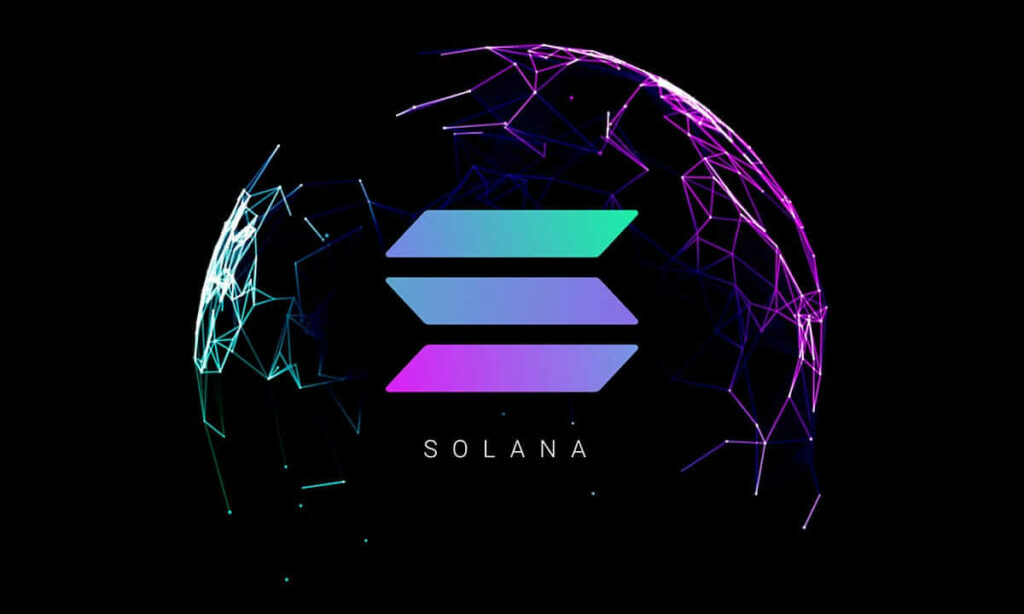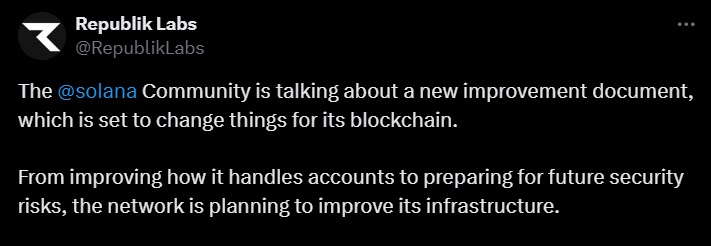TL;DR
- Solana has proposed SIMD-215, a new lattice-based homomorphic hashing system to optimize account verification.
- The proposal aims to address the “state growth” issue by enabling incremental updates instead of recalculating the entire account state.
- This system will replace Merkle-based hashes, improving the network’s scalability and efficiency.
Solana’s developers have proposed a new hashing system that promises to optimize account management on the network and tackle scalability challenges. The proposal, called SIMD-215, introduces a lattice-based homomorphic hashing function designed to improve the efficiency of the account verification process.
Solana’s current problem lies in the constant need to recalculate the state of all accounts whenever a new one is created. This process, known as “state growth,” becomes more complex and slower as the number of users increases. Anatoly Yakovenko, the co-founder of the network, has pointed out that creating new accounts requires exhaustive verification to ensure they are indeed new, placing a huge burden on each node in the network.
The proposal to implement the “Accounts Lattice Hash” aims to solve this problem by allowing incremental updates to the account state. Instead of recalculating the entire state, only modified accounts will be processed, saving time and resources. This method is comparable to cleaning only the areas that get dirty in a house, rather than cleaning every room daily.
Solana Needs to Improve to Keep Competing
The proposed system would replace the current Merkle-based hashes, which, although effective, have scalability limitations due to the amount of data that needs processing. With the new approach, the total hash of the account state will be calculated incrementally, accumulating modifications without needing to redo the entire calculation from scratch.
Additionally, this change will involve modifications to the “Bank Hash” of each block, now including the “Accounts Lattice Hash.” The transition to this new system will require all nodes to adopt the new calculation method, with the recommendation to do so before the official activation to avoid network disruptions.
This proposal is designed to enhance the network’s efficiency and strengthen Solana’s ability to handle a growing number of users and transactions. These tools will be crucial for it to continue competing effectively with other networks like Ethereum.












